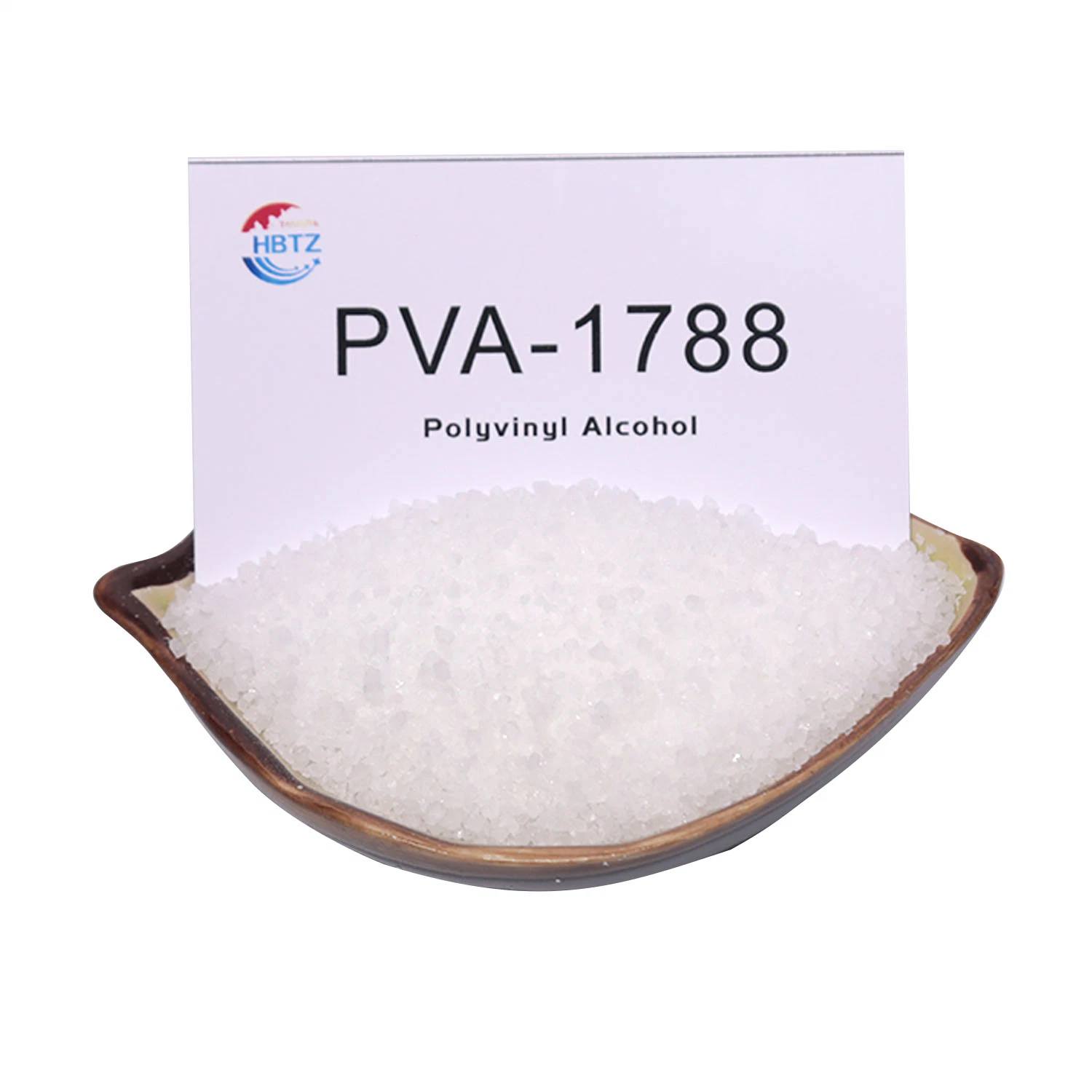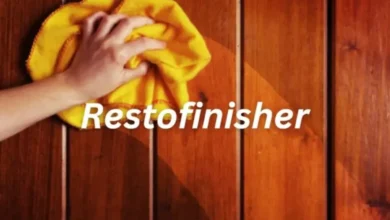A Comprehensive Guide for B2B Procurement Success

Finding suitable polyvinyl alcohol suppliers for business-to-business (B2B) requirements is crucial for companies operating in textiles, adhesives, coatings, and paper industries. PVA, a water-soluble synthetic polymer, plays a vital role in various applications due to its unique properties, such as solubility in water, biodegradability, and resistance to oil, grease, and solvents. Identifying and partnering with a reliable supplier can ensure a consistent supply chain, high-quality products, and competitive pricing. Here’s a comprehensive guide to navigating the process:
Understand Your Specific Needs
Before initiating your search for suppliers, it’s essential to understand your specific requirements clearly. This includes the grade of PVA needed, as PVA comes in various molecular weights and degrees of hydrolysis, which determine its solubility and viscosity. Knowing the exact application and required specifications will help shortlist suppliers that cater to your industry and needs.
Research and Compile a List of Suppliers
Start by compiling a list of potential PVA suppliers. This can be done through:
Industry Directories and Trade Shows: These are excellent sources for finding leading suppliers and new entrants in the market.
Online B2B Marketplaces: Websites like Alibaba, ThomasNet, and GlobalSources can provide many suppliers worldwide.
Industry Associations and Networks: Membership organizations often have directories of verified suppliers in specific sectors.
Referrals: Reach out to your network for recommendations, especially to peers in the industry who might have preferred suppliers.
Evaluate Supplier Capabilities and Reliability
Once you have a list of potential suppliers, the next step is to evaluate their capabilities and reliability. Consider the following criteria:
Quality Certifications: Look for suppliers with recognized quality certifications such as ISO 9001. This indicates they adhere to international quality management standards.
Production Capacity: Ensure the supplier has the production capacity to meet your current and projected demands.
Supply Chain and Logistics: Evaluate their supply chain logistics, including delivery times, shipping methods, and the ability to manage supply disruptions.
Technical Support and Customer Service: A reliable supplier should offer strong technical support and responsive customer service to address any issues or inquiries.
Financial Stability: Assess the economic stability of the supplier to ensure they can sustain long-term partnerships.
Request Samples and Test Quality
Before finalizing a supplier, request samples of the PVA to test its quality against your requirements, thorough testing will ensure the product meets your specifications and application needs, which is crucial for maintaining the integrity of your products and processes.
Negotiate Terms and Monitor Performance
After selecting a supplier, negotiate terms that cover pricing, payment terms, delivery schedules, and after-sales support. Once an agreement is in place, it’s essential to continuously monitor the supplier’s performance against the agreed-upon standards and terms. Regular reviews and communication can promptly address issues and foster a collaborative partnership.
Sustainability and Ethical Considerations
Increasingly, businesses are prioritizing sustainability and ethical practices in their supply chains. Evaluate potential suppliers’ environmental impact, use of resources, and labor practices. Partnering with suppliers that share your company’s values on sustainability can enhance your brand’s reputation and appeal to a broader customer base.
Conclusion
Finding the right PVA supplier is a multifaceted process that requires thorough research, careful evaluation, and continuous monitoring. By following these steps and prioritizing quality, reliability, and sustainability, businesses can establish fruitful partnerships that bolster their supply chain and contribute to long-term success. Remember, the ideal supplier is not just a vendor but a strategic partner that supports your business objectives and growth.
Checklist for Quick Reference
Here’s a streamlined checklist of Dos and Don’ts when searching for suitable polyvinyl alcohol suppliers for B2B requirements:
Dos
Define Your Needs Clearly: Understand the specific grade, molecular weight, and degree of hydrolysis of PVA you require.
Conduct Comprehensive Research: Utilize industry directories, B2B marketplaces, and networks to compile a list of potential suppliers.
Evaluate Supplier Capabilities: Check for quality certifications (like ISO 9001), production capacity, supply chain logistics, technical support, and financial stability.
Request Samples: Always ask for PVA samples to test and verify quality against your specific requirements.
Negotiate Terms Thoroughly: Discuss pricing, payment terms, delivery schedules, and after-sales support to ensure they meet your needs.
Monitor Supplier Performance: Continuously evaluate the supplier’s performance and maintain open lines of communication.
Consider Sustainability and Ethics: Opt for suppliers with robust sustainability practices and ethical labor standards.
Don’ts
Skip Due Diligence: Only finalize a supplier based on price alone while evaluating their reliability and quality.
Ignore Technical Support and Customer Service: Avoid suppliers who do not offer adequate support services, which can impact problem resolution and operational efficiency.
Underestimate the Importance of Quality Certifications: Pay attention to the significance of quality management and product certifications in ensuring consistent quality.
Neglect Financial Stability Checks: Avoid partnering with suppliers with questionable financial stability, as this could risk your supply chain.
Settle for the First Option: Do not rush the selection process. Take your time to compare and contrast different suppliers to find the best fit.
Do not forget about flexibility and Scalability. Before choosing a supplier, Consider their ability to scale up production or adapt to changing requirements.
Ignore Contractual Details: To avoid future disputes, do not enter into agreements without clearly understanding and agreeing to all the terms and conditions.
Following this checklist can help ensure a thorough selection process, enabling you to partner with a PVA supplier that meets your specific B2B needs and upholds the standards necessary for success.





